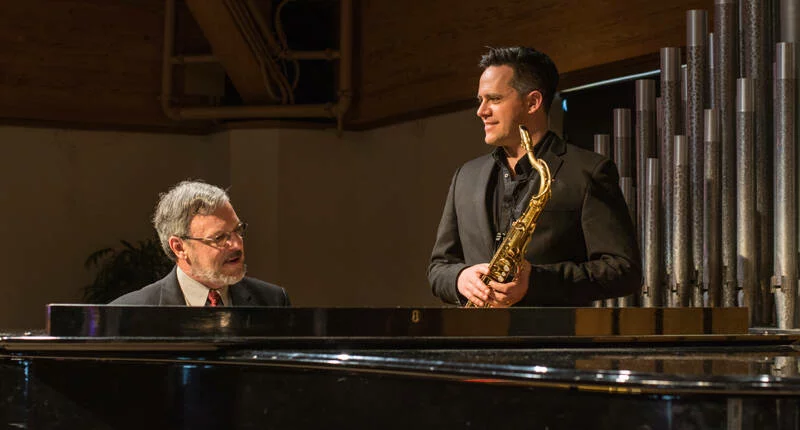For nearly a year of writing on the subject of achievement, I have deliberately avoided “how to”-type topics. There are many “how to succeed” and “how to get things done” books readily available. Instead, I have sought to develop a theology of achievement.
But before concluding the whole series I think it’s worth reflecting a little on some things I have learned about achievement from a practical perspective, to complement the theological inquiry. This will be an “achievement in practice” mini-series.
Much of my thinking about practical achievement derives from my experience as a musician. I’ve been playing music since I was six years old, first taking piano lessons, and then taking up the saxophone at age twelve. After a few years, I became a devoted jazz musician and ended up training in jazz performance at university and playing professionally in hundreds of different contexts, recording albums, touring, and so forth. I still play at a professional level today.
Music is a craft that requires a complex set of skills, thousands of hours of practice, and the ability to execute those skills in performance settings under pressure. The journey of the developing musician offers plenty of insights into how to accomplish such things over the long-term. So here goes.
Perseverance

Con Campbell jamming with his band at the TEDS Welcome Back BBQ.
Chipping away at something every day, over many years, is the only way to achieve mastery. As a twelve year old—blowing into the saxophone like a foghorn—it would be hard to imagine ever being able to play at a professional level. The gap is so huge. It seems insurmountable. But, a little work each day, coupled with unrelenting perseverance over a decade or two, and it’s amazing what can be achieved. I keep this reality in mind whenever I begin to write a book.
Talent
Talent is one thing, hard work is another, but the combination of the two is unbeatable. I saw plenty of musicians over the years with incredible talent. They just “had it”—great ears, natural musical sensibility, and effortless technique. But some people like that coasted. They relied on their natural ability to the extent that they were lazy. They didn’t practice as much as they should have. They didn’t push themselves. And as a result, they never fulfilled the promise of their potential.
Hard Work
Then there was the hard-worker. Not as gifted, but determined. Working hard, transcribing solos, putting in the hours, always trying to improve. These people would often go far. They would fairly quickly overtake the talented-but-lazy set. But, because they lacked great innate talent, they could go far, but not all the way. Their hard work had a glass ceiling.
Then there were the musicians with great natural talent who also worked really hard. That combination is impossible to beat. They were just as devoted as the hard-worker, putting in the hours, always trying to improve, but they improved more quickly and went much further. The hard work nurtured the talent and it produced a harvest. All the greatest musicians are just like that: seriously talented and serious about the work needed.
Honesty
Music taught me to be a ruthless self-critic. There are lots of musicians who think they are better than they really are. They’re self-deceived. And there are other musicians who think they’ve “arrived”—they’re perfectly happy with their playing and don’t desire to improve. Seeing such people on the music scene helped me to realize the only way to keep improving is to look for faults and things to work on, and to believe that there is always something than can be done better. Moreover, the very best musicians seemed never quite satisfied with their playing. There was normally a humility that kept them aware that there is more to be learned, developed, and achieved. They would also admire other good musicians and seek to learn from them.
Sometimes we can be too self-critical to the point of debilitation. I’ve certainly experienced that as a musician, and it doesn’t help anyone. Rather, sober judgment is required, so that you can affirm what is good, and what progress has been made, while also seeing the problems and being willing to deal with them.
There’s more to come. But at this point I can say that music has taught me that achievement requires talent, hard work, perseverance, and honest assessment. But you probably knew that already!








Comments
Be the first one to make a comment!